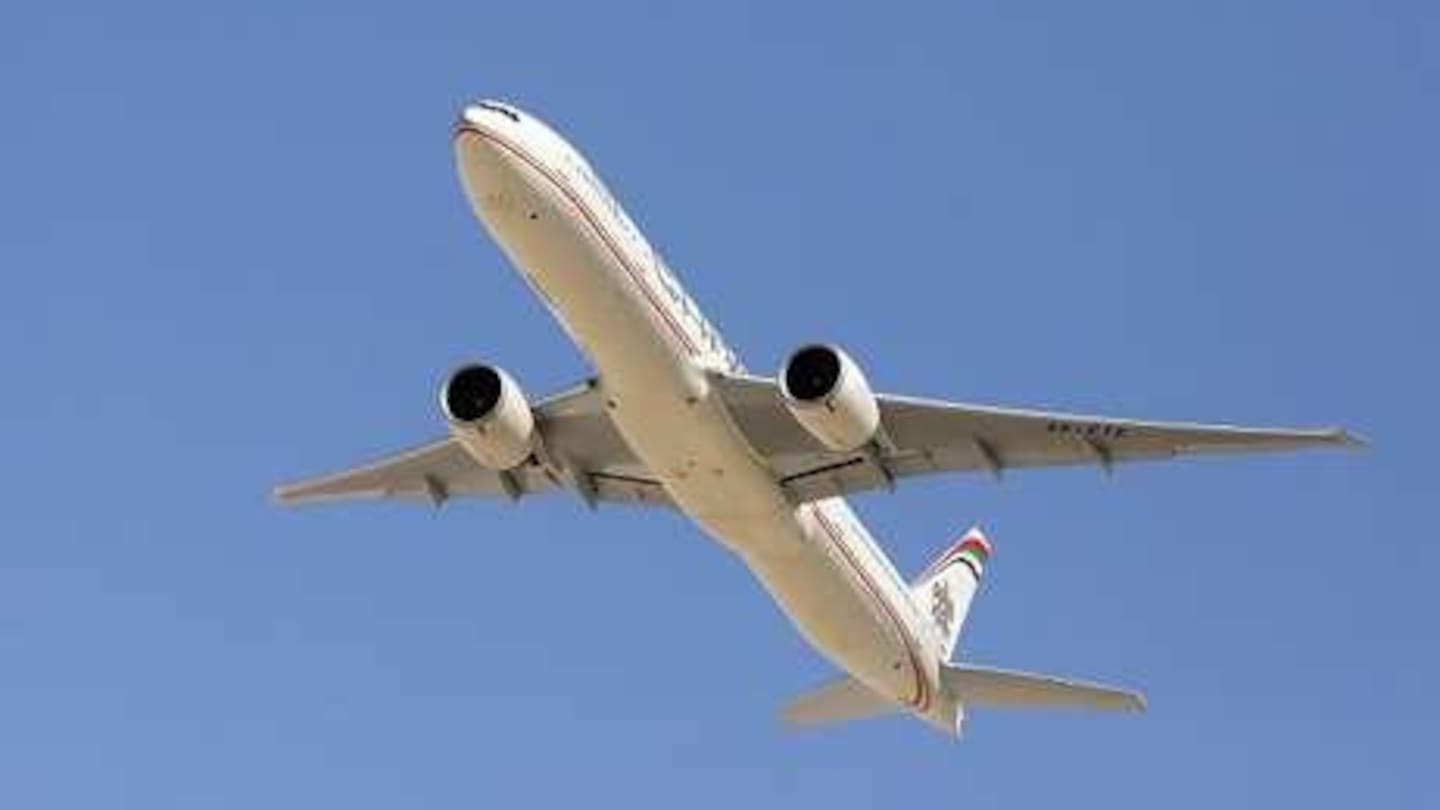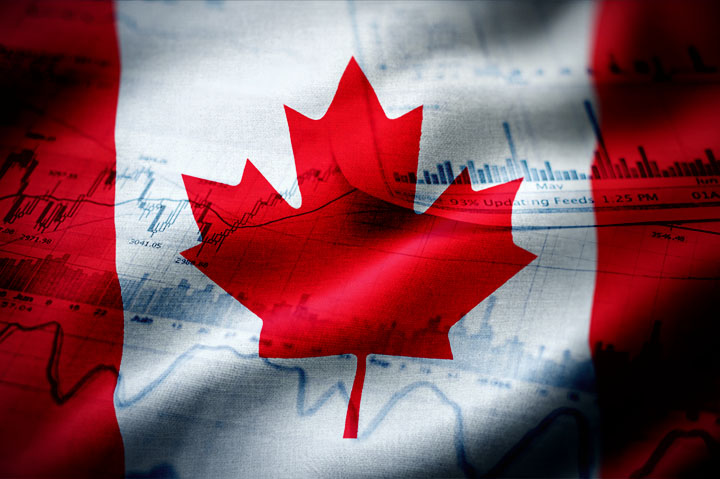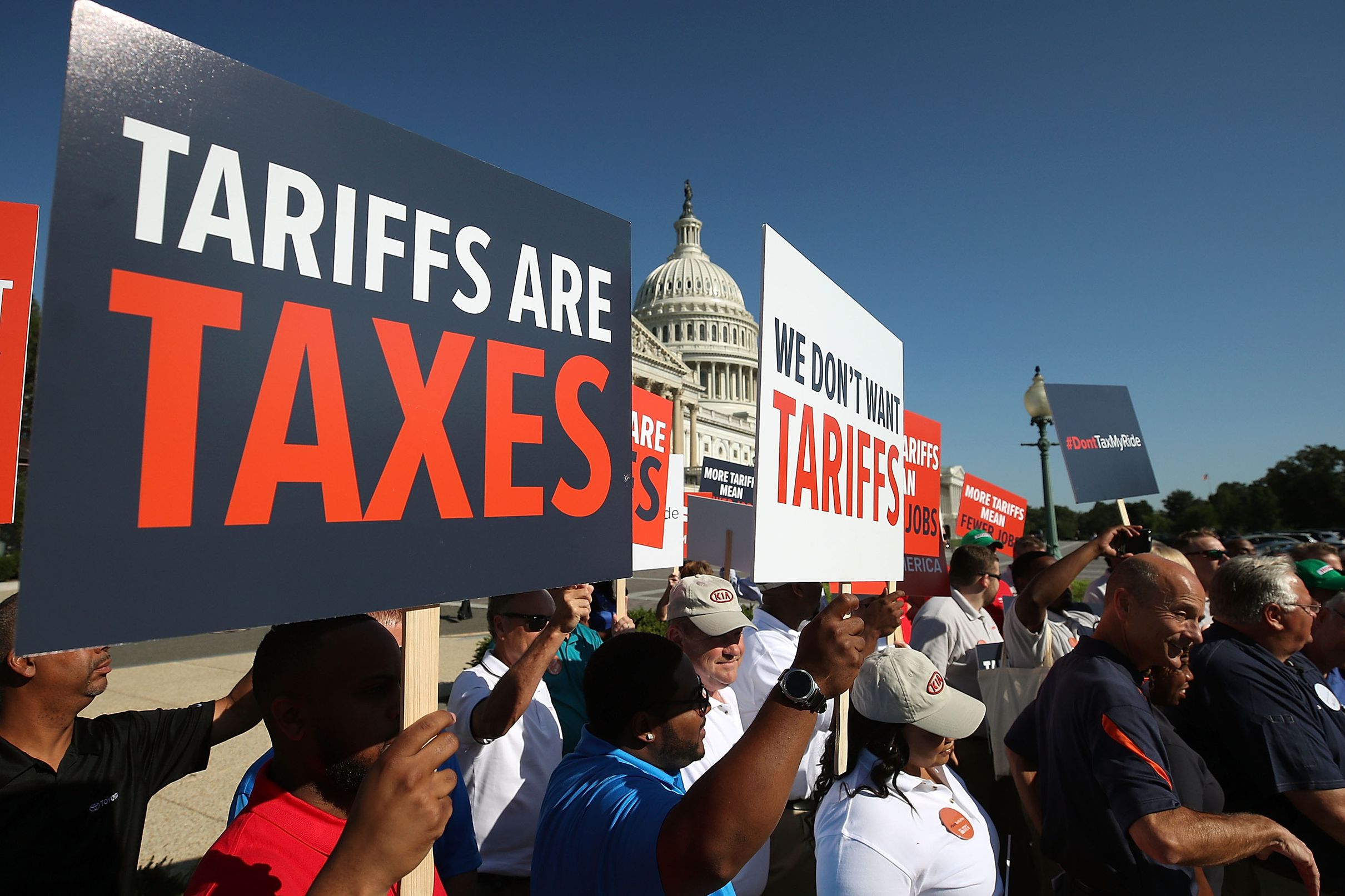Oil Price Volatility And The Airline Industry: A Turbulent Future?

Table of Contents
The Direct Impact of Oil Price Volatility on Airline Costs
Oil price volatility directly translates into fluctuating fuel costs, a major expense for airlines. Jet fuel, often comprising over 20% of operating costs for some airlines and significantly higher for smaller operators, is acutely sensitive to global oil prices. A sudden spike in oil prices can drastically reduce profit margins, leaving airlines scrambling to adapt. For example, a small regional airline might see its fuel costs jump by 30%, severely impacting its already thin profit margins, while larger, more established airlines might experience a 15-20% increase – still a significant burden. The impact is far-reaching:
- Increased fuel costs lead to reduced profit margins: This directly affects the bottom line and can limit an airline’s ability to invest in growth and improvements.
- Airlines may pass increased costs onto consumers through higher ticket prices: This can reduce demand, especially during economic downturns.
- Smaller airlines are disproportionately affected due to less negotiating power with fuel suppliers: They lack the economies of scale enjoyed by larger airlines, making them more vulnerable to price fluctuations.
- Fuel hedging strategies can mitigate, but not eliminate, risk: Hedging involves purchasing fuel contracts at fixed prices, but it’s not a foolproof solution and can backfire if prices unexpectedly fall.
Strategies for Mitigating Oil Price Volatility Risk
Airlines employ various strategies to manage the risks associated with fluctuating fuel prices. These strategies range from financial instruments to operational efficiency improvements and long-term investments in sustainable solutions.
- Fuel hedging: This involves purchasing fuel contracts at predetermined prices to lock in costs and reduce exposure to price swings. However, effective hedging requires sophisticated forecasting and expertise.
- Fuel efficiency improvements: Airlines are constantly striving to improve fuel efficiency. This includes using lighter aircraft materials, optimizing flight paths through advanced route planning software, employing aerodynamic designs, and investing in more fuel-efficient engines. Technological advancements play a significant role in this area.
- Route optimization: Careful analysis of flight routes can identify shorter, more fuel-efficient options, reducing overall fuel consumption.
- Investing in sustainable aviation fuels (SAFs): This is a long-term strategy that reduces reliance on fossil fuels and mitigates future oil price shocks. SAFs are produced from renewable sources and offer a more sustainable alternative to traditional jet fuel.
The Impact of Oil Price Volatility on Airline Business Models and Competition
Oil price volatility significantly influences the competitive landscape of the airline industry. Low-cost carriers (LCCs), with their leaner business models and often thinner margins, are particularly vulnerable to fuel price increases. They have less flexibility to absorb cost increases and may be forced to reduce services or increase fares drastically impacting competitiveness. Full-service carriers, with their diverse revenue streams and higher ticket prices, often have a greater ability to withstand price shocks, potentially gaining market share during periods of volatility. This can lead to:
- Low-cost carriers being more vulnerable to fuel price increases.
- Full-service carriers being better positioned to absorb shocks.
- Oil price volatility potentially leading to consolidation in the industry through mergers and acquisitions. Weak airlines might be acquired by stronger ones, reshaping the market.
- Airlines adjusting their route networks based on fuel prices. Less profitable routes may be cut to reduce overall fuel consumption.
The Long-Term Outlook: Sustainability and the Future of Aviation
The increasing awareness of climate change and the push for environmental responsibility are transforming the airline industry. Reducing reliance on fossil fuels is no longer just a desirable goal; it's a business imperative. Sustainable aviation fuels (SAFs) are at the forefront of this change, offering a pathway to a less volatile and more environmentally friendly future. Government regulations and carbon taxes further incentivize the adoption of greener technologies.
- Investment in SAFs is crucial for long-term sustainability. The transition to SAFs is a crucial step in reducing the industry's carbon footprint.
- Carbon offsetting programs can help airlines reduce their environmental impact. While not a complete solution, these programs can contribute to environmental responsibility.
- Government regulations and carbon taxes may incentivize the adoption of greener technologies. Stricter regulations will likely accelerate the adoption of sustainable practices.
- Airlines need to adopt a more holistic approach to sustainability, integrating environmental concerns into their business strategies. Sustainability is no longer optional; it's essential for long-term success.
Conclusion: Navigating the Turbulent Waters of Oil Price Volatility
Oil price volatility presents significant challenges to the airline industry, increasing costs, impacting profitability, and requiring strategic adaptation. Proactive strategies, including fuel hedging, continuous improvements in fuel efficiency, and the transition to sustainable aviation fuels (SAFs) are crucial for navigating this turbulent environment. The long-term implications are profound, underscoring the need for the industry to embrace sustainability and innovate to create a more resilient and environmentally responsible future. Stay informed about oil price trends and their impact on the airline industry. Research and invest in sustainable aviation solutions – the future of aviation depends on it.

Featured Posts
-
 Is This Christina Aguilera Fans Question Heavily Edited Photoshoot Images
May 03, 2025
Is This Christina Aguilera Fans Question Heavily Edited Photoshoot Images
May 03, 2025 -
 Nick Robinson And Emma Barnett Uncovering The Truth Behind Their Radio 4 Hosting Split
May 03, 2025
Nick Robinson And Emma Barnett Uncovering The Truth Behind Their Radio 4 Hosting Split
May 03, 2025 -
 Ultra Low Growth David Dodges Forecast For The Canadian Economy Next Year
May 03, 2025
Ultra Low Growth David Dodges Forecast For The Canadian Economy Next Year
May 03, 2025 -
 Trump Tariff Impact The Automotive Industrys Uncertain Future
May 03, 2025
Trump Tariff Impact The Automotive Industrys Uncertain Future
May 03, 2025 -
 Scottish Election Analysis Farages Support For Snp Victory
May 03, 2025
Scottish Election Analysis Farages Support For Snp Victory
May 03, 2025
